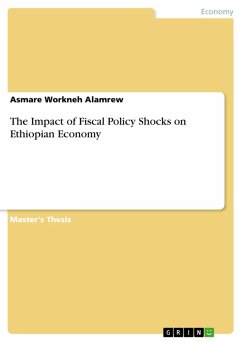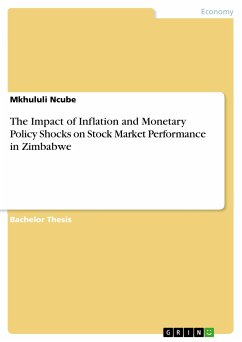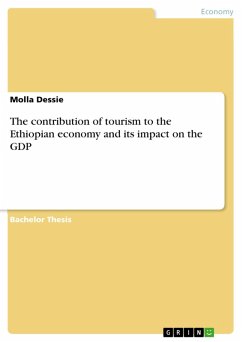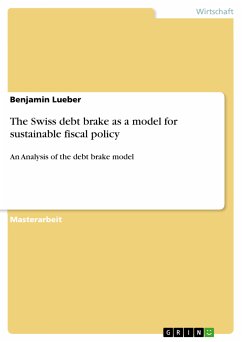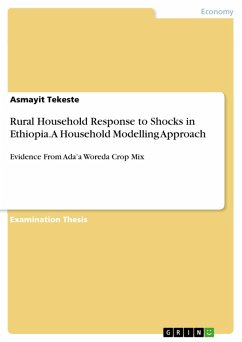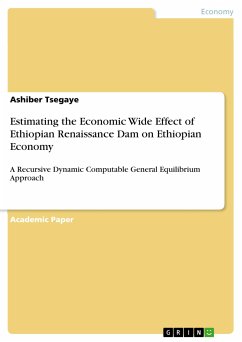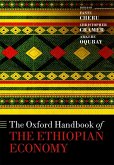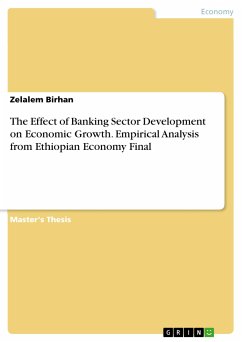Master's Thesis from the year 2017 in the subject Economics - Finance, , language: English, abstract: Fiscal policy is one of the macroeconomic policies which play a decisive role on economic growth; especially in developing economies which have many economic and social bottlenecks. This study examines the impacts of fiscal policy shock on Ethiopian economy; through applying static compatible general equilibrium (Stage CGE) model which allows quantifying the impacts of fiscal instrument shock on the economy and welfare of households. Fiscal problems like small tax revenue and consistent fiscal deficit put its own major influences on developing economies performance. The study uses 2009/10 Ethiopian SAM as an input for the model and applies three simulation scenarios. In the first simulation, tariff cut affects GDP and household welfare negatively. In the second simulation increasing direct tax has negative impact on total GDP. The other alternative simulation scenario is reducing direct tax and which give a positive change on the total GDP. In general, the government should reduce direct tax to improve economic performance. In addition, liberalizing tariff is not advisable for Ethiopian economy.
Dieser Download kann aus rechtlichen Gründen nur mit Rechnungsadresse in A, B, BG, CY, CZ, D, DK, EW, E, FIN, F, GR, HR, H, IRL, I, LT, L, LR, M, NL, PL, P, R, S, SLO, SK ausgeliefert werden.

